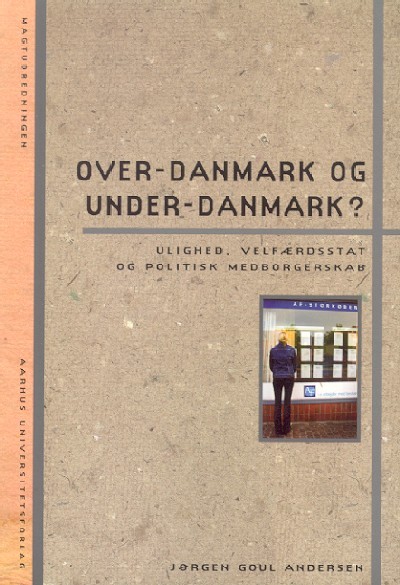It is
generally recognized that the quality of democracy depends on citizens
having equal access to participation and having their concerns subject to
equal consideration.
This book analyzes three sets of challenges to equality related to
globalization and the transition to an information society: (1) increasing
economic inequality due to intensified international competition and the
potential limitations on the redistributive capacity of the welfare state in
a global economy; (2) increasing inequality between low- and high educated
people due to technological change and increasing complexity of politics;
and (3) increasing polarization between people with stable employment and
those who are marginalized on the labor market.
Contrary to a society-centered, deterministic view, the book concludes (1)
that economic inequality is not inherently linked to the information
society or to globalization, but depends on political and
political-institutional factors, in particular on welfare state
institutions; (2) that there is so far little or no polarization between
low- and high educated people in terms of political engagement and political
efficacy; and (3) that social and political marginalization among those who
are marginalized on the labor market depends more on economic hardship than
on their status vis-à-vis the labor market; however, economic hardship among
the unemployed is far more widespread than normally expected.
In addition to describing these three aspects of new inequality in a
historical and comparative perspective, the book seeks to identify the
mechanisms that maintain or undermine equality in society.
.
